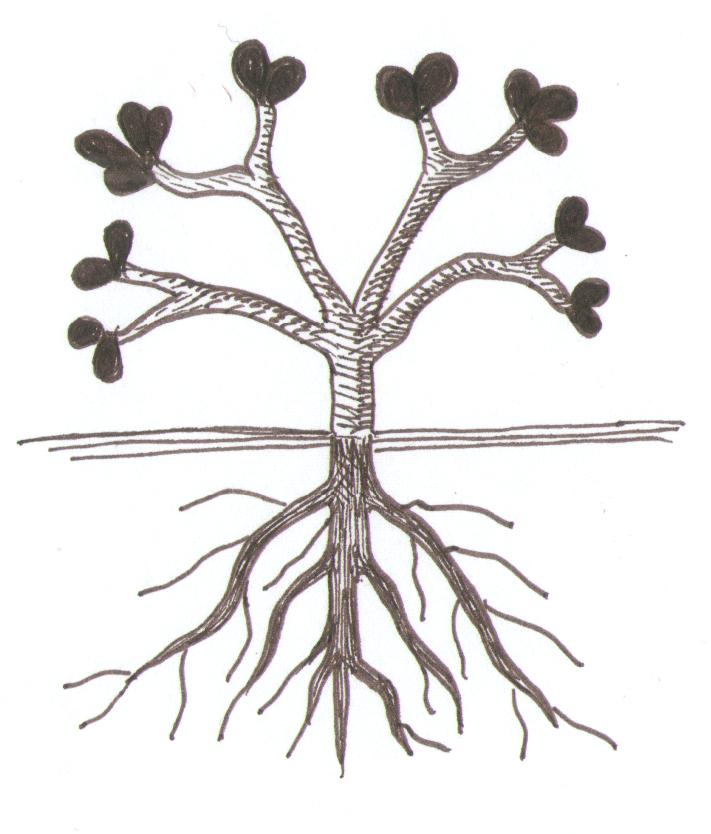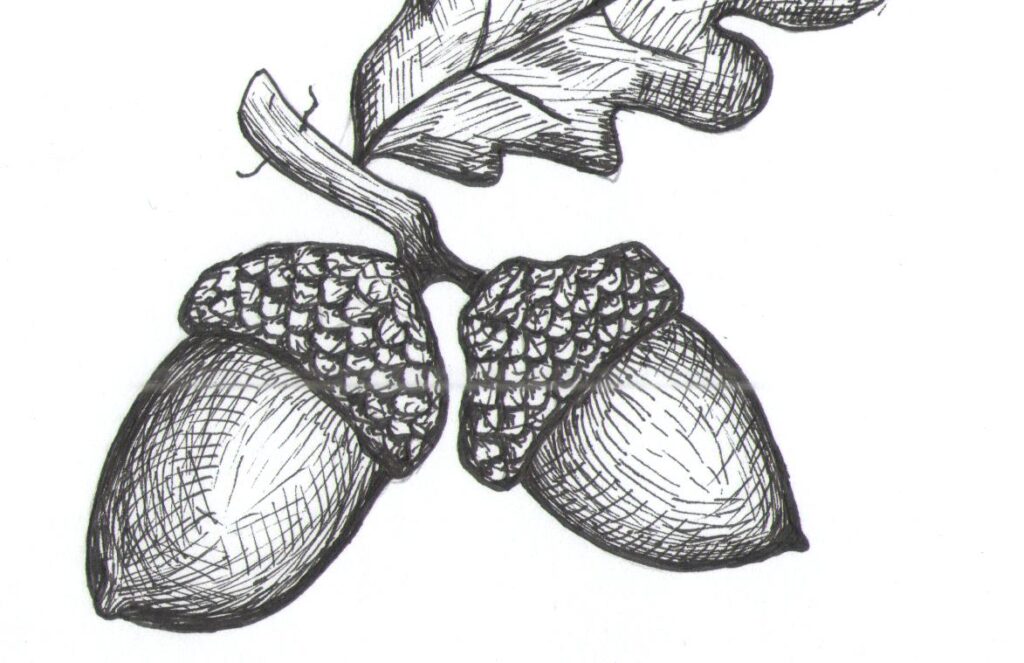
Often, the thing that will benefit us the most is the hardest. It’s also likely the thing that we’ve been avoiding for months, years, or decades.
If it’s really hard to stay away from sugar, then that’s probably a priority. If a certain exercise is really hard, that’s probably the thing that will yield significant gains. If we tend to avoid difficult conversations with a certain person, it’s likely that this tendency has caused some buried resentments and internal knots.
Continue reading “What’s the hardest?”




